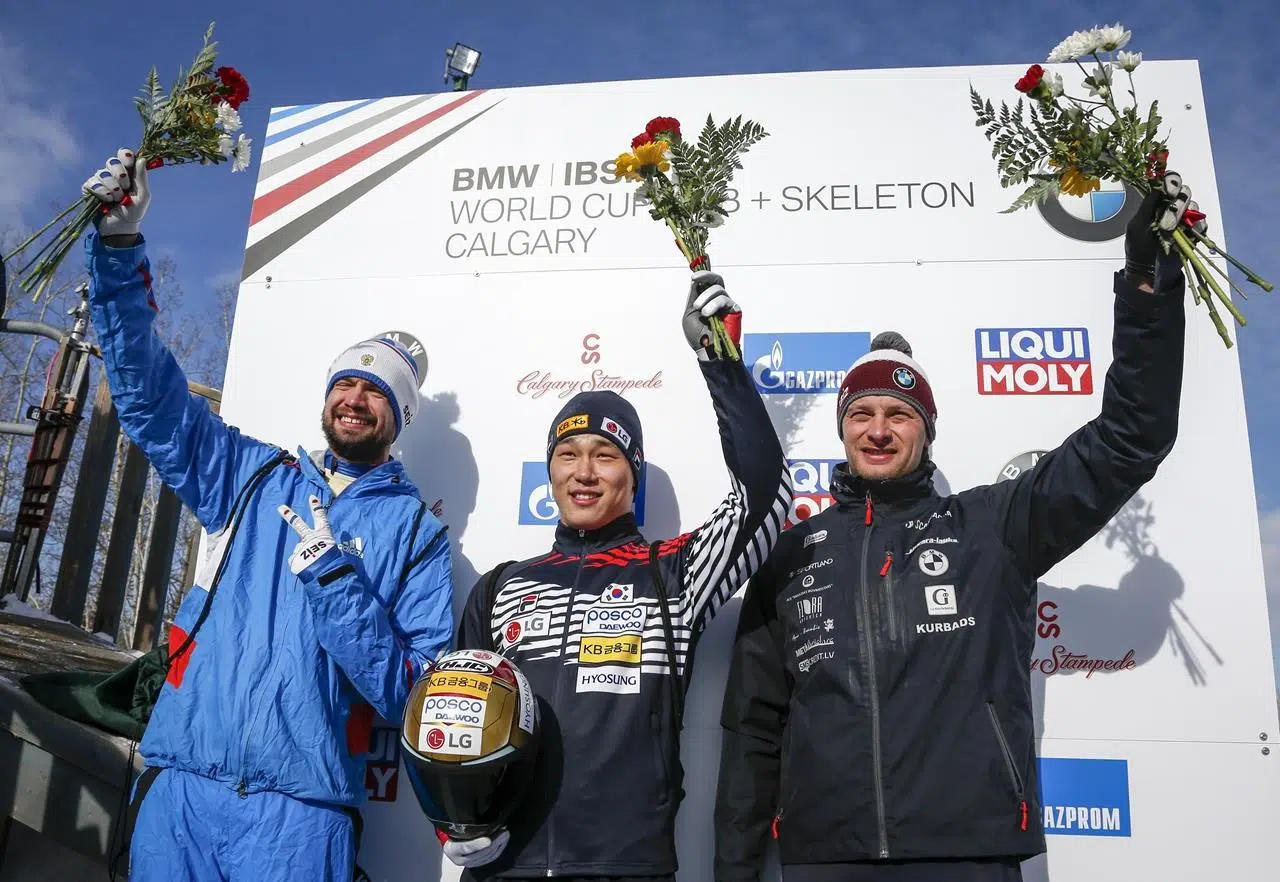
Canada’s bob team hopes World Cup in Calgary not the last on home track
CALGARY — Canada’s bobsled and skeleton teams head to the world championships in Whistler, B.C., wondering if the ski resort will be their future home.
The Whistler track, built for the 2010 Winter Games there and in Vancouver, will be the only sliding centre in the country if Calgary’s is mothballed.
Calgary’s 33-year-old track built for the 1988 Winter Olympics has been the home of the national bob, skeleton and luge teams for over three decades.
Canadians have won a combined eight Olympic medals in bobsled and skeleton since 1988, including four gold.


